On December 01, 2021, as part of celebrating the 60 years of independence of Tanzania mainland, Sokoine University of Agriculture (SUA), Mwalimu Julius K. Nyerere University of Agriculture and Technology (MJNUAT), and St. Augustine University of Tanzania (SAUT) organized a one-day conference to discuss the development of agriculture sector
Mwanza Regional Commissioner, Engineer Robert Gabriel speaking to conference attendees
The event took place at SAUT campuses in Mwanza and carried the theme ‘The Contribution of the Agricultural Sector to the Development of Tanzania: Achievements and Challenges after 60 years of Independence’
Speaking at the opening of the event, Mwanza Regional Commissioner, Engineer Robert Gabriel called on the universities that offer Agriculture training, specifically SUA and MJNUAT to ensure they play a key role in the change of the agriculture sector in the country
Prof.Christopher Kasanga, Head of the Department of Microbiology, Parasitology and Biotechnology SUA explaining to Ngaza Secondary School students how they use modern machines to detect pathogens through genetics
Engineer Gabriel said the responsibility to transform the agricultural sector, in a broad sense, means to improve seed, crop, plants, as well as livestock, fisheries, and forestry products
He said it was important for these universities to continue to carry out their responsibilities with great professionalism as they are an important institution in ensuring the country's economic transformation through the agricultural sector.
Engineer Gabriel said in 1961 when mainland Tanzania gained independence, the contribution of agriculture to foreign exchange earnings was more than 75 percent and Tanzanians living on agriculture were more than 90 percent out of 9.8 million Tanzanians.
"The contribution of the agricultural sector to GDP was more than 70 percent, while agriculture accounted for about 81 percent of exports. Revenue from the sale of agricultural products was about the US $ 115 Million in 1961. At present, the contribution of agriculture to GDP is approximately 27.2 percent. This growth shows that agriculture is still contributing significantly to the economy although the level of contribution has been declining due to the growth of other sectors especially mining, manufacturing, construction, and services" said Eng. Gabriel
He said despite these achievements the agricultural sector has continued to face various challenges including subsistence and unproductive production among smallholder farmers in the country.
“For example, maize production is less than two tonnes (1.9 tonnes) per hectare instead of 8 tonnes. serving 600 households (1: 600) or one village (1: 1) ”said Eng. Gabriel
At another point, Hon. Gabriel described how he was delighted to see the exhibition of technology and innovations in agricultural products, livestock, and fisheries made by SUA at the Conference. He commended them for various technologies they have developed and pledged to ensure there are more exhibitions that will benefit the people and various farmers in the Lake Zone regions.
Initially welcoming the Regional Commissioner to open the Conference, the SUA Vice Chancellor, Prof. Raphael Chibunda said the event was important to raise awareness of various issues for farmers as well as how to address the various challenges facing the agricultural sector.
Prof. Chibunda said in the 60 years of Independence, SUA has successfully produced many agricultural professionals who have long been instrumental in ensuring the country's agricultural sector grows by conducting research and providing various extension services, especially in rural areas.
He added that SUA has continued to produce quality fruit seedlings, including using bottled methods, inventing animal vaccines, and devising various ways to control pests on agricultural and animal products
For his part, the Vice Chancellor of Mwalimu Julius K. Nyerere University of Agriculture and Technology, Prof Lesakit Mellau thanked the official guest and explained how the government has been supporting efforts to promote the agricultural sector in the country including the building of colleges and universities offering agricultural education in the country.
The conference was very successful as it involved various experienced keynote speakers from academia, political and private sector and the topics presented and discussed were on Agricultural technologies, Livestock sub-sector development since independence, Market for agricultural produce among smallholder farmers, The history of agricultural policy, and Agriculture and industrial development.
Sokoine University of Agriculture used the event to showcase various agricultural technologies, innovations, products, and services to all who attended the event as you can see in the images below
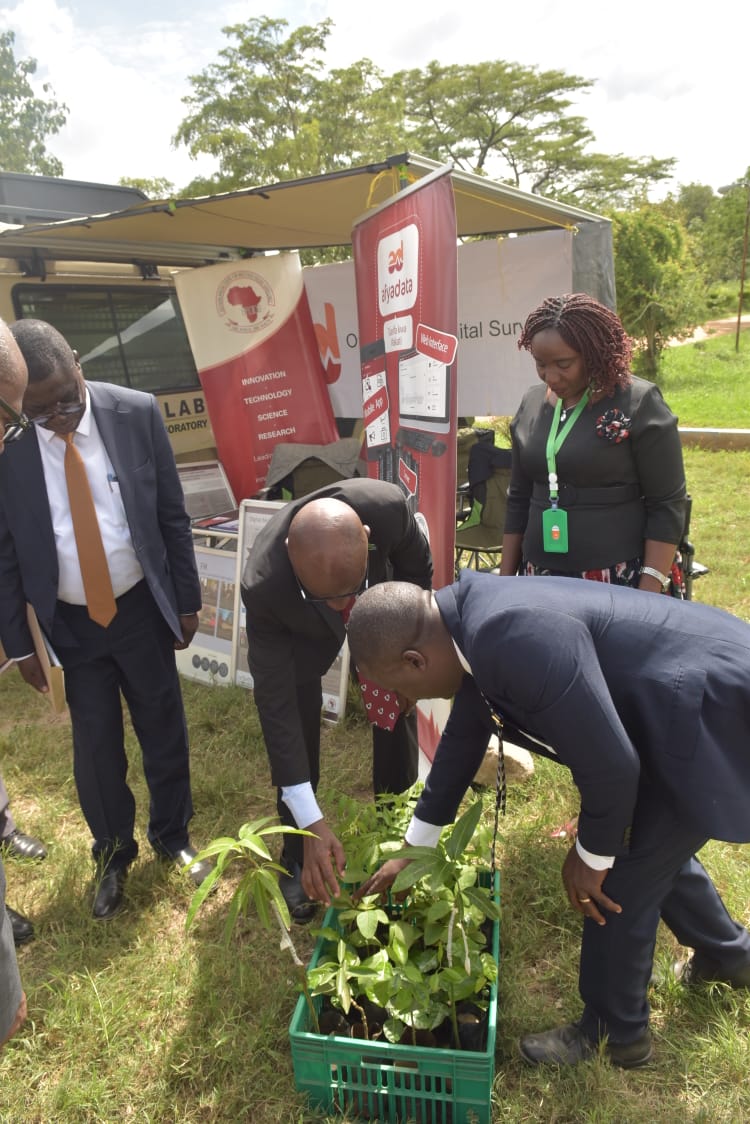
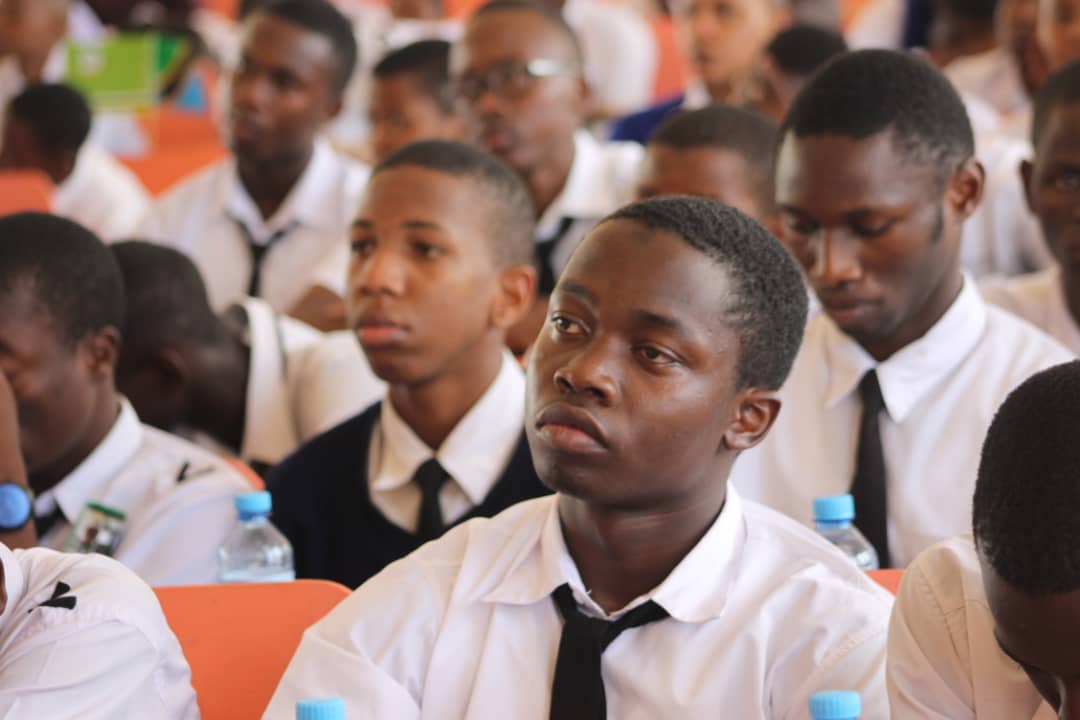
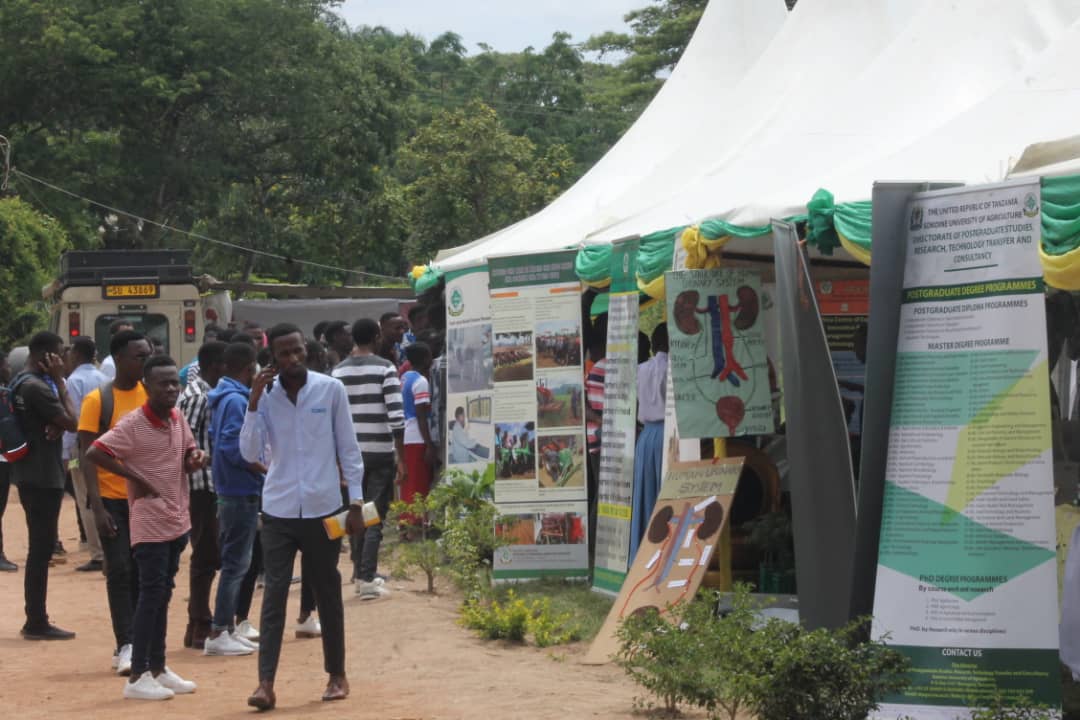
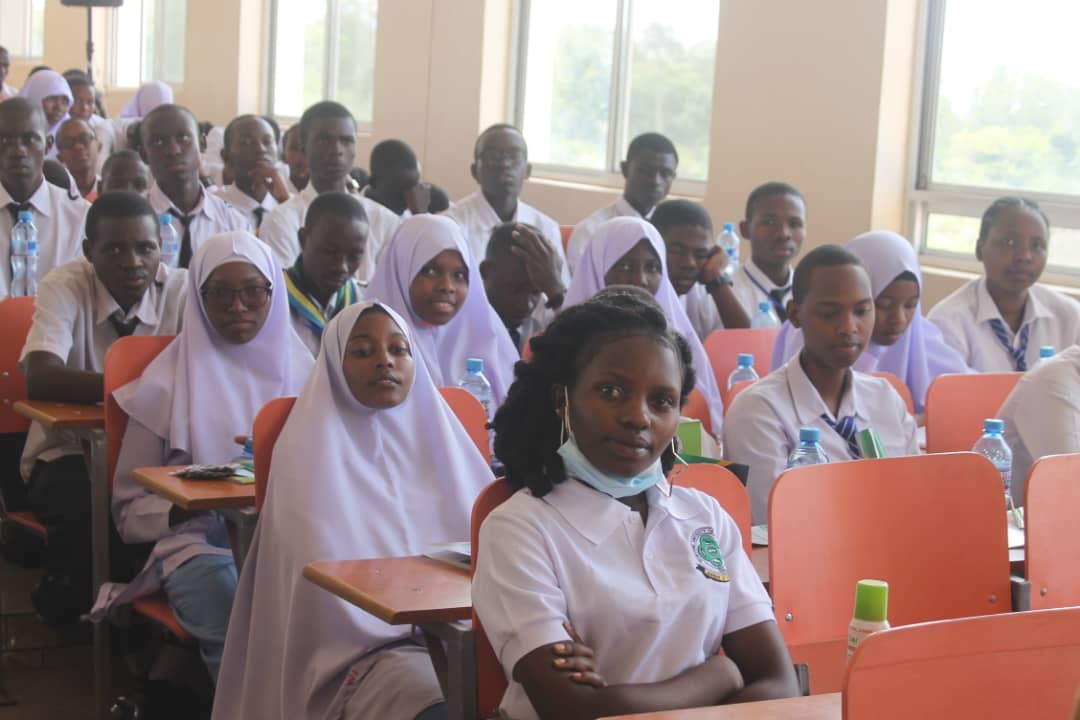
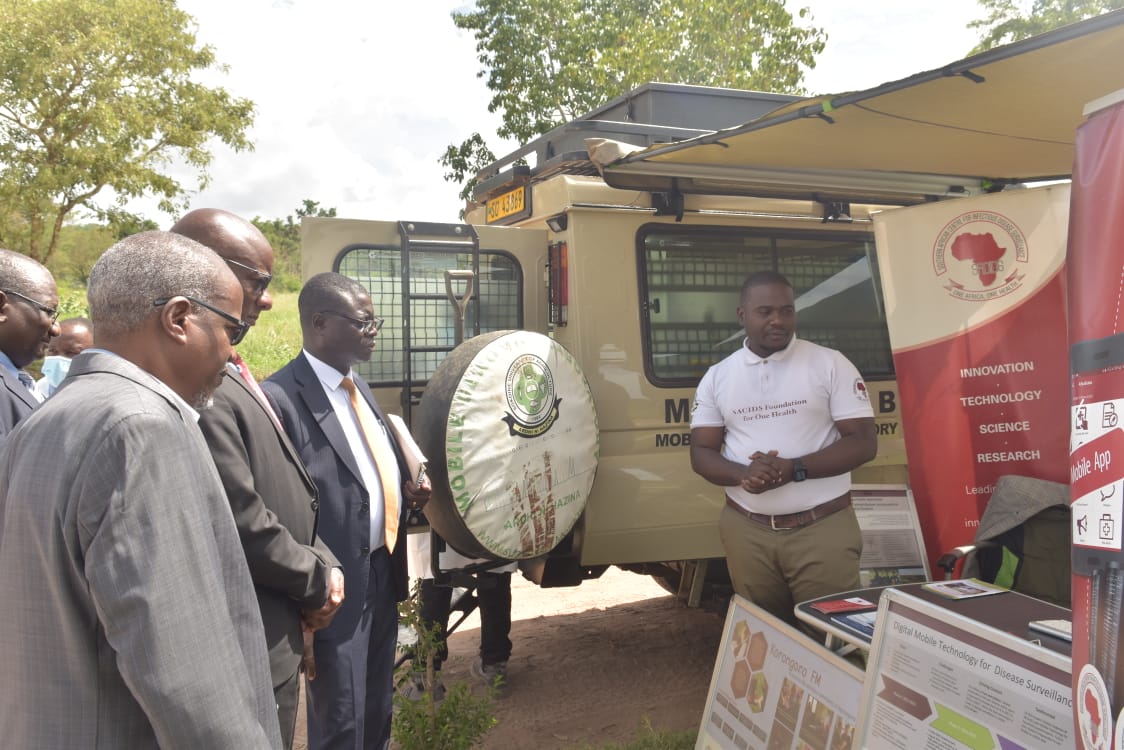
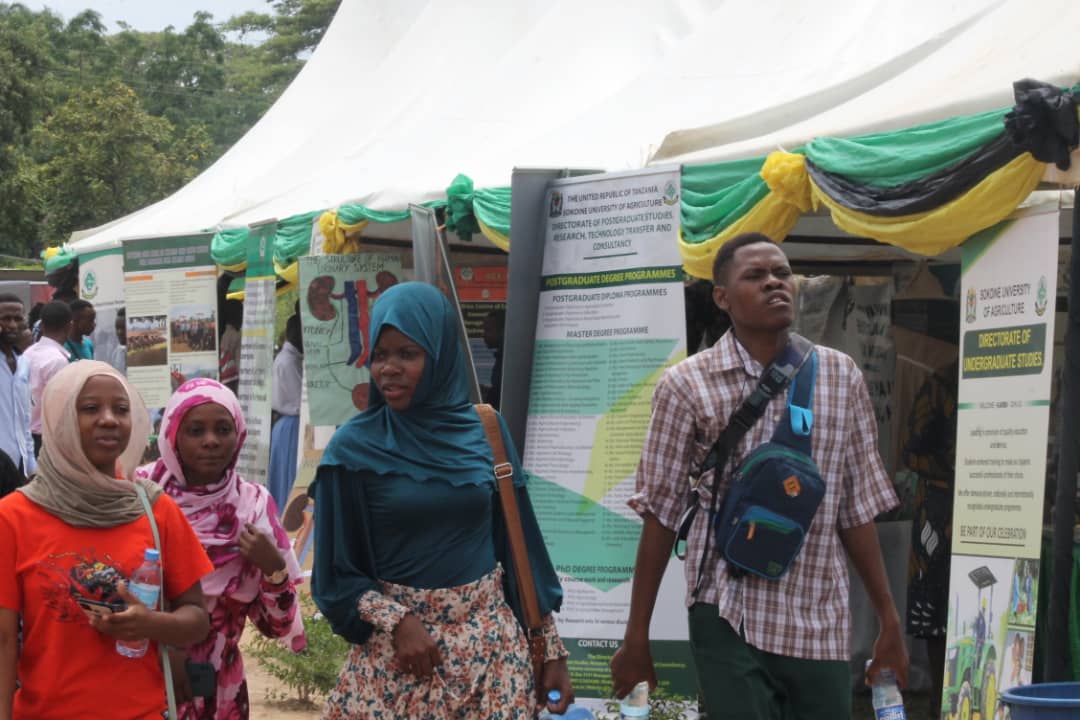
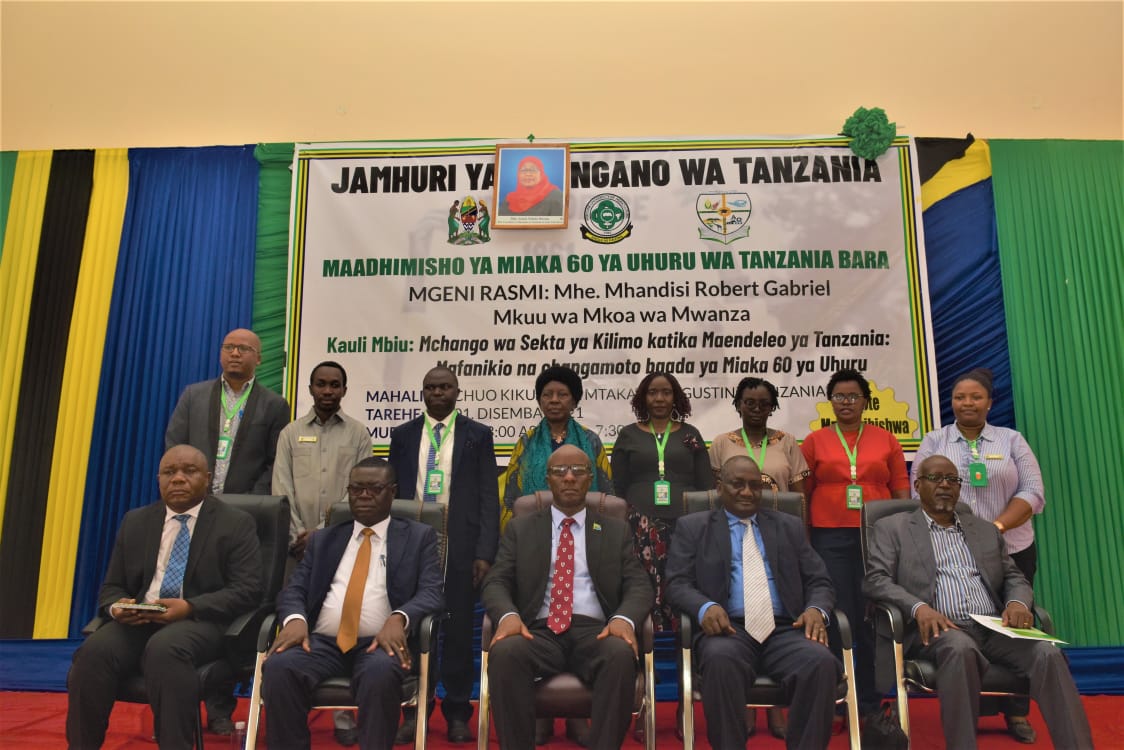
Story and Photo by
Gerald Lwomile - Communication and Marketing, SUA




